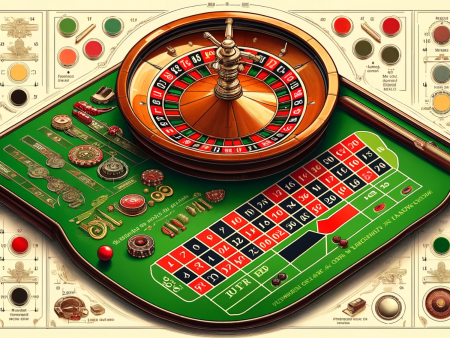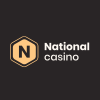The dazzling pictures of Las Vegas spring to mind whenever gambling is discussed. For a long time, the United States of America has been regarded as a gaming nation. However, contrary to popular belief, the U.S. is not the world’s largest gambler.
These Are the Countries That Gamble the Most
The dazzling pictures of Las Vegas spring to mind whenever gambling is discussed. For a long time, the United States of America has been regarded as a gaming nation. However, contrary to popular belief, the U.S. is not the world’s largest gambler. In reality, some of the world’s greatest gamblers are from the least suspicious countries. H2 Gaming Capital released data for the ranking of the 200 gambling nations. The annual losses are divided by the adult population to determine the ranking. The total sum lost on all sorts of gaming is included in the losses—these consist of slot machines, poker, horse racing, as well as casinos.
The Top 5 Gambling Countries
1. Australia
Who would have thought that the land down under is actually the biggest gambling country in the world? Gambling here is so common that the central bank was forced to raise interest rates. Online sports betting is legal in Australia. Not only that, but slot machines are, in fact, one of the most common games in the country. New South Wales is home to half of all poker machines in Australia. Between 2006 and 2010, 935 gamblers registered to be barred from casinos, with an average loss of $1,128 per adult. These gamblers, on the other hand, were apprehended over 1,200 times for breaking their prohibition.
2. Singapore
Even though Singapore established its first casino only in 2010, it has since grown to become one of the world’s major gambling nations. The introduction of casinos in Singapore caused concern among Singaporeans, who feared addiction and financial losses. Locals who want to join the casino must pay an admission fee of $81 to the government, which discourages them from gambling. Under the “Family Exclusion Orders,” families can also prohibit their relatives from attending casinos. However, these limitations have had little effect on the country’s gaming culture. In 2010, the country lost an average of $1,174 per adult.
3. Ireland
Gambling in Ireland, on the other hand, is a different story. Since Ireland is governed by the antiquated Gaming and Lottery Act of 1956, the casino business is completely uncontrolled. Only registered members’ clubs are permitted to provide casino services under Irish legislation. The maximum bet on a gaming machine is 6 pence, while the maximum prize for gaming is 10 shillings. However, because the Irish pound has not been used as legal money since 1999, this legislation cannot be implemented. The massive losses incurred by gambling adults, which average $588 per adult, have prompted the Irish government to begin implementing legislation to better control the gaming business.
4. Canada
Surprisingly, Canada ranks lower than Ireland, but that does not undermine its position in the top 5 gambling countries. More than 75% of Canadian people have participated in some type of gaming. Saskatchewan has the largest number of gamblers in the country. Gambling income in the province is $841 per individual over the age of 18. Lotteries and scratch-off games are popular gambling games in Canada. Because of the prevalence of lottery games in Canada, the government has implemented policies to dissuade children from receiving lottery tickets as presents. Per adult in Canada, gambling losses totaled $568.
5. Finland
Finally, Finland takes the fifth spot on the list. The Ministry of Social Affairs and Health discloses that more than 41% of Finland’s adult population gambles on a weekly basis. In an effort to prevent gambling among youngsters, the country’s minimum gambling age was extended to 18 years in 2011 from 15 in prior years. Finland’s national lottery firm is a government-owned enterprise that is controlled by the Ministry of Education, with proceeds going to education, culture, and the arts. The online gaming firm is owned by the Paf Group of Finland, which pays paybacks to devoted consumers who end up spending $171.40 on the site but are diagnosed with gambling addiction. The typical adult gambler in Finland loses $553.











